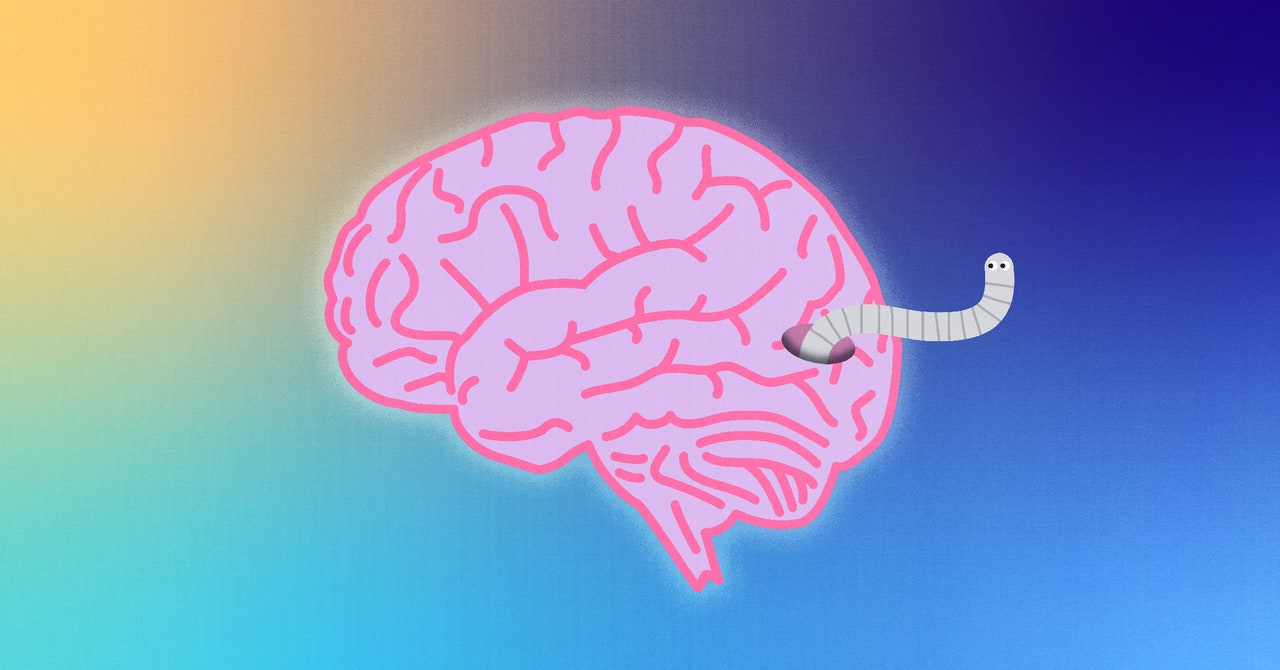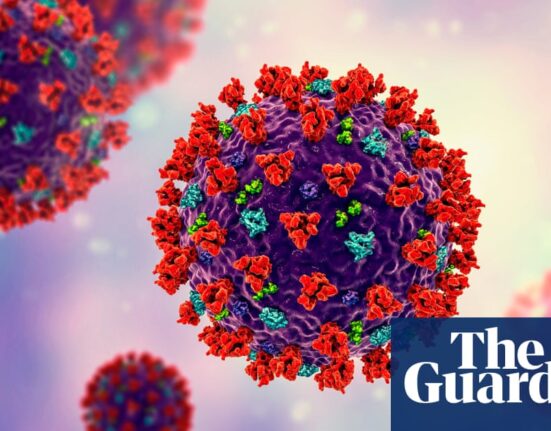According to the US Environmental Protection Agency, almost all of us have at least trace amounts of methylmercury—the form of mercury we tend to encounter most—in our bodies due to its sheer prevalence in the environment. However, most of the time these levels are too low to result in any health problems.
While some of this can come from residing near power plants, as coal combustion releases a range of harmful pollutants including mercury, humans tend to ingest the chemical through consuming fish, says Awadhesh Jha, a toxicologist at the University of Plymouth. “A lot of industries are near the coastline, and most of their contaminants, including mercury, are discharged into the aquatic environment,” he says. “So fish accumulate more of them.”
While there is little information on the number of cases of mercury toxicity in the US each year, studies have shown that excessive mercury exposure can cause neurodevelopmental problems in children and expose adults to a greater risk of cardiovascular disease. In various national surveys across the US, people with an income of less than $20,000 per year, low education, and those who consume fish more than three times a week have been found to have the most mercury exposure.
Risks are highest when consuming larger fish, Jha says, because they accumulate greater concentrations of mercury in their bodies over time through eating smaller species. Because of this, both the EPA and the Food and Drug Administration advise pregnant women to avoid eating shark, swordfish, mackerel, or tilefish, as they may contain higher amounts of mercury, which could have an impact on the brain development of an unborn fetus.
For the rest of us, Jha says he advises a limit of no more than 170 grams per week of fish such as tuna or mackerel—approximately a single can of tuna—and in general no more than 350 grams per week of any fish or shellfish. Exceeding these limits on an occasional basis will likely have little impact, but doing so week-in, week-out will raise your risk of having higher mercury levels in your body.
The issue remains contentious among scientists, as eating a lot of fish also has known health benefits such as increasing intake of omega-3 fatty acids, which are protective against cardiovascular disease.
“Ultimately it depends on the person and how well they metabolize toxic substances,” Jha says. “It’s the genetic makeup of individuals which determines the toxicity of chemicals including mercury.”
Research has previously shown that mercury can affect the body in various ways, which can have an impact on immune function. Common signs of mercury poisoning are joint and muscle pain, weakness, fatigue, insomnia, and excessive sweating.
Anyone suffering from mercury poisoning can be treated through medicines called chelators, which remove mercury from the blood and keep it away from the brain and kidneys, but it’s a time-consuming process that can take weeks or months before symptoms improve.
“It will gradually decompose and then be metabolized and excreted, but it still depends if the mercury is bound by certain proteins and other molecules in the body,” says Jha. “If that’s the case, it might take longer to be eliminated from the body.”
RFK Jr. insists that he’s well past any ill effects from the dual maladies. “I offer to eat 5 more brain worms and still beat President Trump and President Biden in a debate,” the candidate tweeted Wednesday on X. “I feel confident of the result even with a six-worm handicap.”













